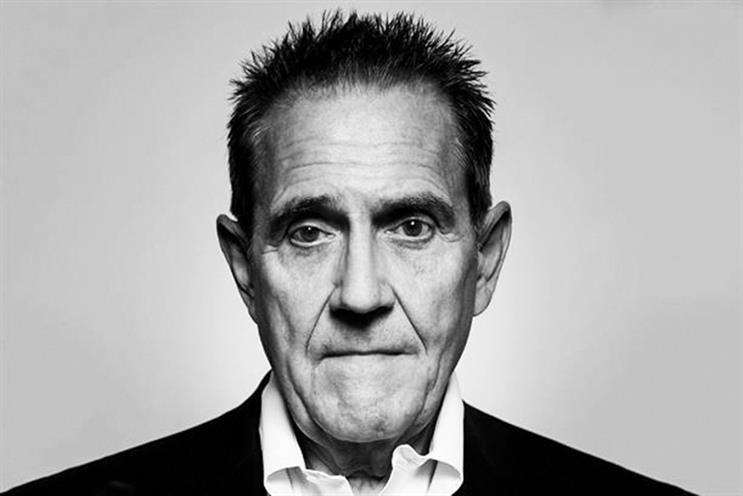In the US, it’s manly to take pride in barbecues and grills, and cooking steaks and burgers, and discussing the whole process.
In the summer, the beer ads feature men with ice-cold cans of beer, talking about grills as if they were talking about car engines.
This was the market Michael Boehm was interested in when he invented a new grill.
He thought it would be healthier if he slanted the part where the meat was cooked.
That way the melted fat would run off and be collected in a tray beneath.
He tried to sell the idea to Salton, which was a large manufacturer of kitchen products.
They were lukewarm, why hadn’t slanted grills been tried before?
If it was a good idea, how come no-one had ever done it?
To sell it, they felt they needed a reason why it was different from other grills.
So they launched it as the grill for Mexican food, they named it The Fajita Express.
They showed it at trade shows, but it got a poor reception.
No-one saw why they needed a slanted grill for Mexican food, it didn’t sell well.
But Boehm knew it was a good product, it just needed decent marketing.
He knew it was healthier, he just needed a way to sell health to men who grilled.
He approached a sports agent and asked if he had a celebrity client who’d be interested in fronting the ads.
And this is the incident the whole story hinges on.
Until now, everything had been logical, and if it had carried on being logical, it would have carried on failing.
The agent called up his most glamorous client, the superstar wrestler Hulk Hogan.
Women loved Hogan, so the agent told him he could make a lot of money by lending his name to kitchen products.
Hogan asked what he had in mind, the agent said he had two items: a meatball maker and a healthy grill.
Hogan thought about it and said: "Yeah, I like the idea of the first one, we can call it Hulkmania Meatball Maker, let’s do it."
The agent said, OK, but what about the grill.
Hogan said, nah, my fans aren’t interested in barbecues.
So the agent phoned up another of his clients, not as famous as Hulk Hogan, an older one called George Foreman.
George Foreman was the man who’d been beaten by Muhammad Ali in "The Rumble in the Jungle" many years earlier.
But, after 20 years, he’d made a comeback and regained his world heavyweight title.
At 45, he was the oldest heavyweight champion in history.
In his career he’d had 73 fights, and he’d won 68 by knockouts.
This was a man other men respected, not some flashy wrestling showboat in glittery trunks.
Because of that phone call, George Foreman began advertising the grill.
They changed the name to The George Foreman Lean Mean Fat-Reducing Grilling Machine.
Now being healthy was for OK for guys, not just skinny young men in leotards.
This was health in a way ordinary men, who drank beer while barbecuing steaks, could appreciate.
George Foreman was a smiley, funny, self-deprecating presenter.
And the combination was so incongruous it stood out from everything else around it.
George Foreman sold 100 million grills.
He earned about $200m, double what he earned in his entire boxing career.
And it was all down to luck.
But, as Michael Beohm knew: "Luck is when preparation meets opportunity."
Dave Trott is the author of Creative Blindness and How to Cure It, Creative Mischief, Predatory Thinking and One Plus One Equals Three


